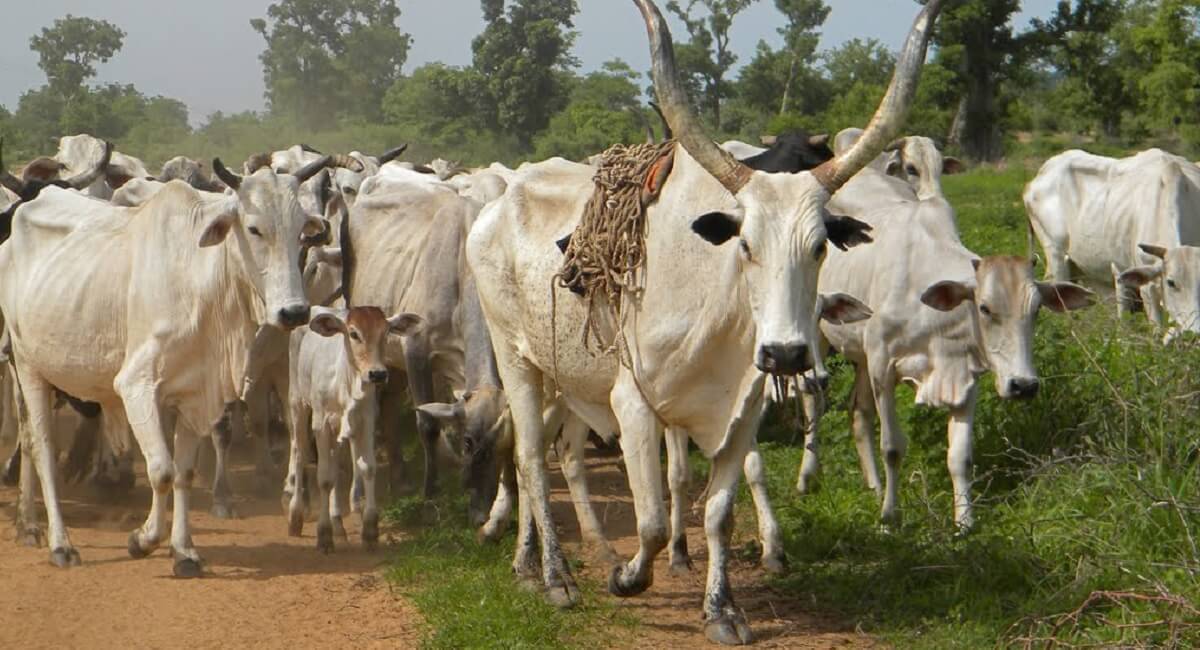The Upper East Regional public health emergency management committee has reviewed the ban placed on ruminants (cattle, sheep, goats, pigs and donkeys) from neighbouring countries.
The committee on June 7, 2023, placed an indefinite ban on the movement, slaughtering and consumption of ruminants following the outbreak of anthrax.
The Office of the Upper East Regional Coordinating Council in a statement on Monday, June 26, announced that ruminants from neighbouring countries to the Upper East Region including Burkina Faso, Togo and Niger are allowed to pass through the region.
The Council said the animals could be allowed into the Region after being certified by the Veterinary Officers at the points of entry.
“The initial ban on the movement of animals (cattle, sheep, goats, pigs and donkeys) is still in force. However, animals from neighbouring countries to the Upper East Region (Burkina Faso, Togo and Niger) are allowed to pass through the region after being certified by the Veterinary Officers at the points of entry,” the Council in its statement explained.
According to the Council, though the ban is still in force, individuals who have had their animals vaccinated with certified anthrax vaccines before June 20, 2023, are allowed to slaughter them under the strict supervision of the Veterinary and Environmental Health Officers.
“The ban on the slaughtering, sale and consumption of meat and meat products from cattle, sheep, goats, pigs and donkeys is also still in force. However, individuals who have had their animals vaccinated with certified anthrax vaccines before 20th June 2023 are allowed to slaughter them under the strict supervision of the Veterinary and Environmental Health Officers, preferably, at designated slaughterhouses or places certified by Veterinary Officers,” the Council in a statement emphasized.
It called on cattle owners to report dead animals to the nearest veterinary officers and advised community members to avoid eating dead animals.
“All dead animals are to be reported to the nearest veterinary officers, community volunteers, Assembly Members and Environmental Health Officers for investigations. Community members are to avoid eating sick or dead animals. The Committee would subsequently be meeting to further review the situation,” the Council stated in its statement.
